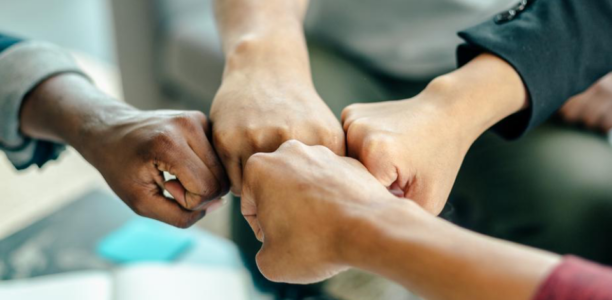Restraining Orders
Learn More on WomensLaw.orgA restraining order is a legal order issued by a state court, which requires one person to stop harming another. In New Jersey, there are domestic violence restraining orders and sexual assault restraining orders (also known as sexual assault protective orders), which are explained here.
Custody
Learn More on WomensLaw.orgCustody is the legal responsibility for the care and control of your child (under 18). The court may give custody of your child to one or both parents. There are 2 types of custody: legal and physical.
Divorce
Learn More on WomensLaw.orgThis section has basic information about divorce in New Jersey. You will find more information about divorce, including the risks of taking your children out of state while a divorce is pending, on our general Divorce page. To watch brief videos about divorce in Spanish with English sub-titles, go to our Videos page. Lastly, learn more about the court process on our Preparing for Court – By Yourself page.
Housing Laws
Learn More on WomensLaw.orgIf you (the tenant) or your child are facing an immediate threat of serious physical harm by remaining in the rented apartment or home where you live, you may be able to terminate your lease early without penalty.
Crimes
Learn More on WomensLaw.orgEven if you do not qualify for a restraining order, the abuser may have committed a crime. If you call the police, they may arrest him/her for a crime and you may get a restraining order through the criminal court. Remember that even if you do have a restraining order, you can still report him/her to the police if you believe s/he committed a crime against you.
State Gun Laws
Learn More on WomensLaw.orgLearn about
- Basic Info and Definitions
- Guns and Restraining Orders
- Guns and Criminal Convictions
- The Abuser Isn’t Supposed to Have a Gun…Now What?
- More Information and Where to Get Help
Suing an Abuser
Learn More on WomensLaw.orgYou may have a right to seek justice from the abuser through the court system where you live. When people are injured by others, they are permitted to seek what the law refers to as “damages,” in the form of money, for such things as medical bills, lost wages or employment, physical and emotional pain and suffering, and, in some cases, to punish the abuser.
Selected New Jersey Statutes
Learn More on WomensLaw.orgCurrent with laws effective L.2019, c. 288 and J.R. No. 22. Please check to make sure there have been no changes since this time. You will find these and additional statutes online at the New Jersey Legislature website.




